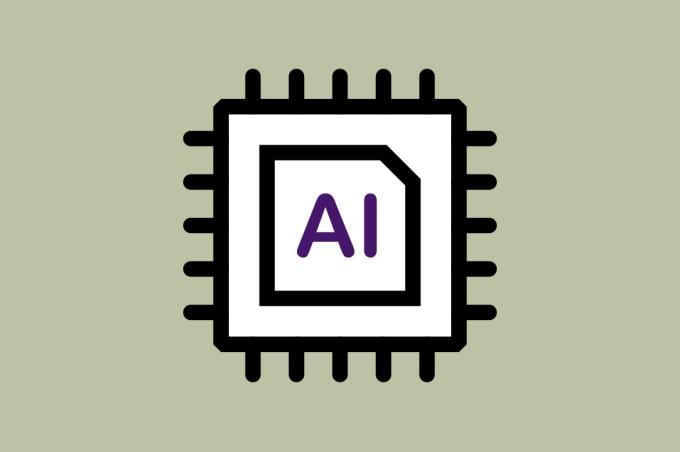Marketa Wills, MD, is excited about the evolving technology landscape and how new innovations can advance the field of psychiatry.
But the CEO and medical director of the American Psychiatric Association (APA) views augmented intelligence (AI)—often called artificial intelligence—with cautious optimism.
“There are some things that technology and AI simply can't do," said Dr. Wills, who assumed her APA role on June 1. “Augmented intelligence is not a substitute for the human connection that occurs between a doctor and a patient. That therapeutic alliance is especially important in the role of mental health.”
There are countless tasks within psychiatry and across health care where Dr. Wills sees AI becoming an incredible asset. She is already seeing advancements in clinical practices and changes in documentation thanks to AI. But she wants to make sure sufficient research is conducted to better understand how AI can work for physicians and other health professionals—not in place of them.
To do that, her hope is physicians will take a leadership role in further AI developments, Dr. Wills said in a recent episode of “AMA Update.”
From AI implementation to EHR adoption and usability, the AMA is making technology work for physicians, ensuring that it is an asset to doctors—not a burden.
More focus on mental health
Dr. Wills understands how tumultuous the COVID-19 public health emergency was for society at large, but if it carried a silver lining, it was the increased attention devoted toward mental health, including from countless celebrities.
Academy Award-winner Emma Stone talked about managing anxiety amid the pandemic's uncertainties. And gold medal-winning gymnast Simone Biles walked away from more medals at the Tokyo Olympic Games to focus on her mental well-being.
But actresses and athletes weren't alone in the discussion.
“We just saw an explosion of mental health resources and conversations that were happening throughout our country, like they had never happened before,” Dr. Wills said. “There was a destigmatization of both mental illness as well as substance-use disorders.”
Dr. Wills sees that destigmatization in national initiatives such as the 988 Suicide and Crisis Lifeline, which launched in 2022.
The service answered more than 10 million calls, texts and chats in its first two years.
Put physicians first
The pandemic has also brought to light the realities of physician burnout. While recently shared data from the AMA revealed that the physician burnout rate fell below 50% for the first time since 2020, there is still lots of work to do, Dr. Wills said.
“Burnout is extremely common for our physicians across all disciplines in medicine, and especially in medical school,” she said. “We as physicians need to make sure that we're taking care of ourselves as we work so hard to heal our patients.”
With experience leading her own clinical practice in Tampa, Florida, Dr. Wills said she understands what matters most to her fellow physicians.
“That doctor's perspective on the system is really important, especially for mental health, where we're constantly faced with all kinds of issues such as low reimbursement rates, tedious prior authorization requirements,” she said.
“AMA Update” is your source for physician-focused news. Hear from physicians and other experts on trending public health concerns, practice issues and more—because who’s doing the talking matters. Catch every episode by subscribing to the AMA’s YouTube channel or listen to all AMA podcasts at ama-assn.org/podcasts.




